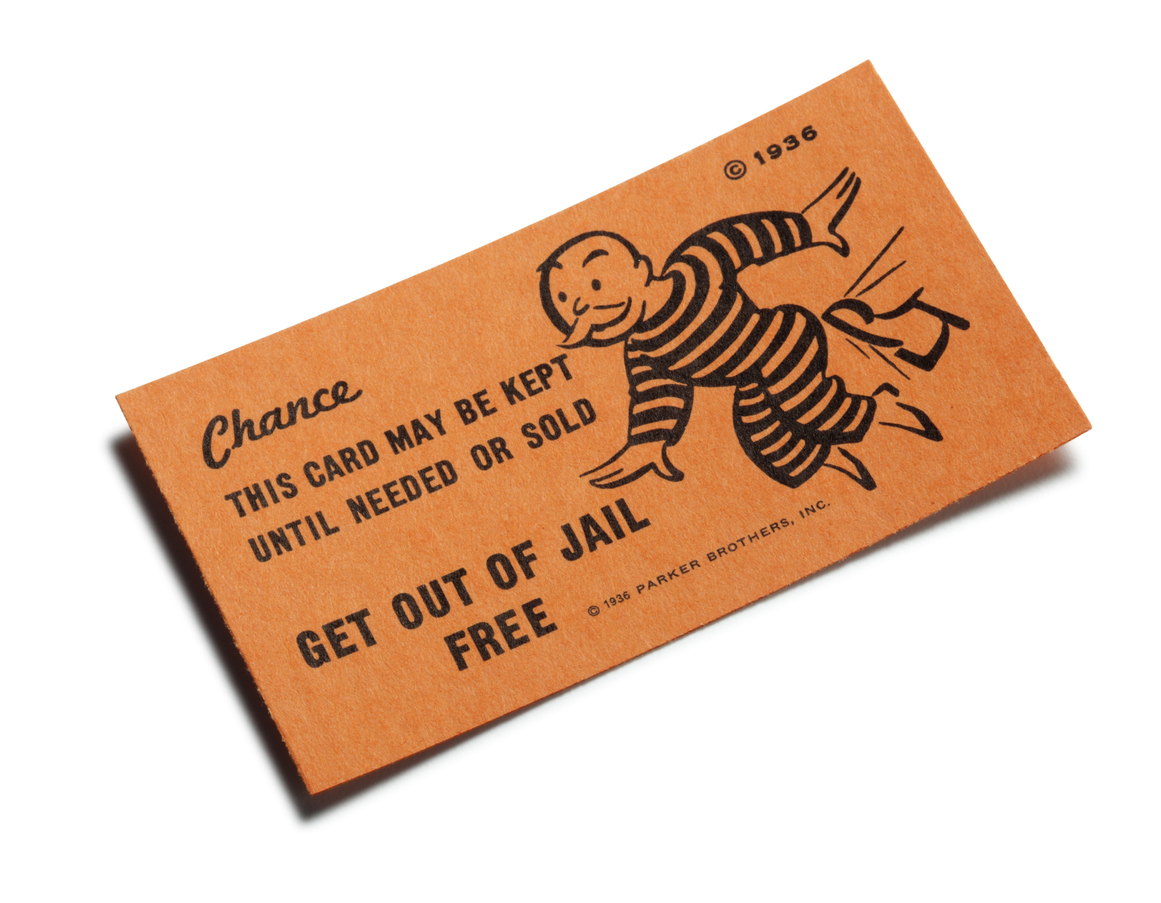Colorado protects its policyholders as well as any other jurisdiction in the United States.1 Most policyholder advocates are familiar with Colorado’s statutory bad faith claims that give policyholders a fighting chance against insurance carrier’s malfeasance. Whether it is incompetence or intentional, claim results are often unreasonable and policyholders are harmed with few remedies to make them whole.
The common factual scenario is all too familiar. Insurance carrier retains an independent adjuster to complete a swift inspection leaving out many covered damages for a lack of effort and attention to detail. This payment is low but made quick to the policyholder to persuade a resolution. Once this estimate is challenged, the insurance carrier retains an engineer with no adjusting experience to inspect the property. The engineer writes a report contradicting what the initial adjuster found and cites to every exclusion in the policy for the damages reported. Often, the engineer applies a higher damage threshold than required by the policy and a coverage letter is issued, frequently below the policyholder’s deductible. The policyholder invokes appraisal and the award is issued for an amount far greater than the amount paid by the insurance carrier. Ignoring the basis for the increase and any fault on its complete adjustment failure to its own insured, the insurance carrier argues it properly handled the claim because it timely paid the appraisal award.
The policyholder seeks legal advice on how the claim was handled because the policyholder has now incurred substantial costs from engineering fees, appraiser fees, and umpire fees. My office often identifies a failure to properly investigate the damages by the independent adjuster or a failure by the desk adjuster to properly instruct his or her experts, and of course, the insurance carrier ignoring the tenants and policyholder’s account of the events that led to the damages in the first place. Despite these shortcomings, the insurance carrier will argue it paid the appraisal award, so no bad faith. Indeed, I have heard insurance carriers call this conduct the “Get Out of Jail Free Card!” Defense attorneys even argue this position to judges.
Fortunately, Colorado courts look beyond the appraisal payment and actually allows discovery into the facts that lead to the underpayment and/or wrongful denial of the insurance claim.
In Hometown Community Association v. Philadelphia Indemnity Insurance Company,2 Judge Jackson held the payment of an appraisal award does not moot a bad faith claim. Judge Jackson noted that Hometown alleged a course of bad faith conduct occurring before, during, and after the appraisal process.
As such, though I [Judge Jackson] need not determine at this phase which, if any, of Hometown’s specific allegations fall within the scope of the appraisal, it is insufficient to find that the act of participating in the appraisal process does not, as a matter of law, preclude the bad faith claims raised in this case.
* * * * *
As a result, contrary to Philadelphia’s argument, the act of engaging in the appraisal process does not per se preclude bad faith claims.
Fortunately for policyholders, Colorado does not provide insurance carriers with the “Get Out of Jail Free Card” for its bad faith conduct simply by paying the appraisal award.
______________________________________
1 Jonathan Bukowski, Colorado Statutory Bad Faith: Doubling Down On An Insurer’s Unreasonable Delay Or Denial, Aug. 19, 2017, Property Insurance Coverage Law Blog.
2 Hometown Community Association v. Philadelphia Indemnity Ins. Co., No. 17-777, 2017 WL 6335656 (D. Colo. Dec. 12, 2017).





